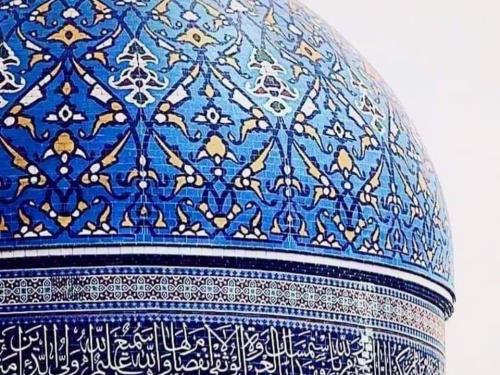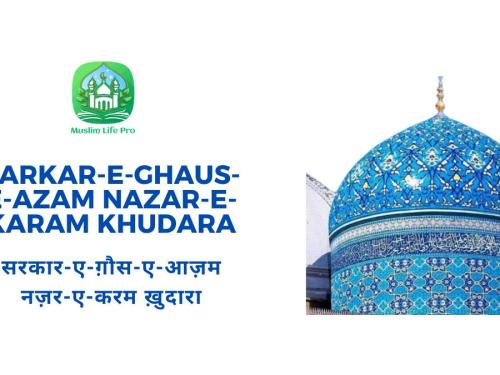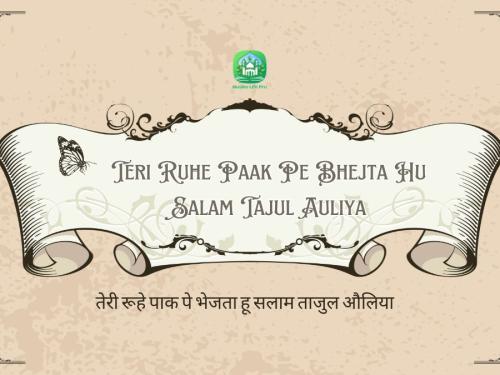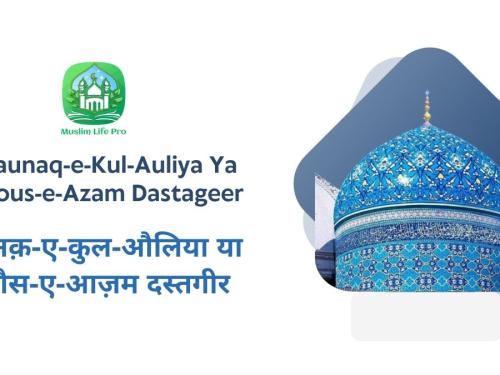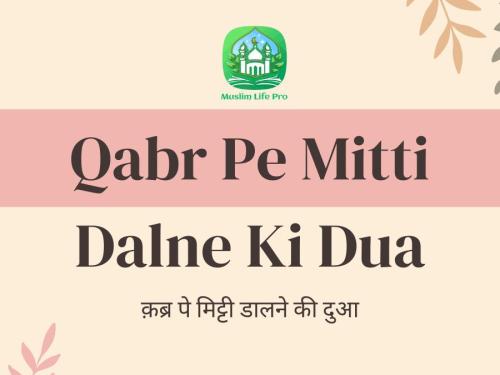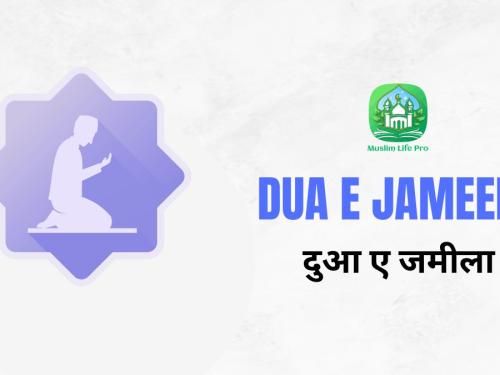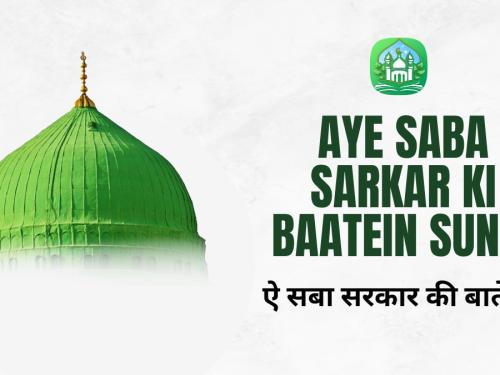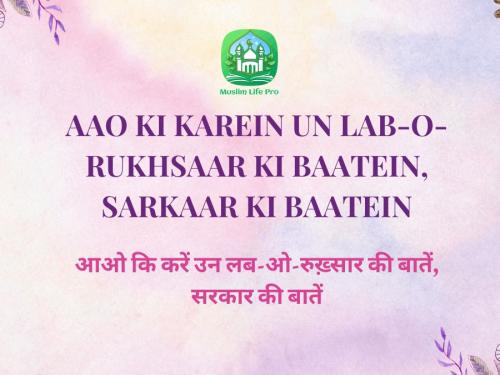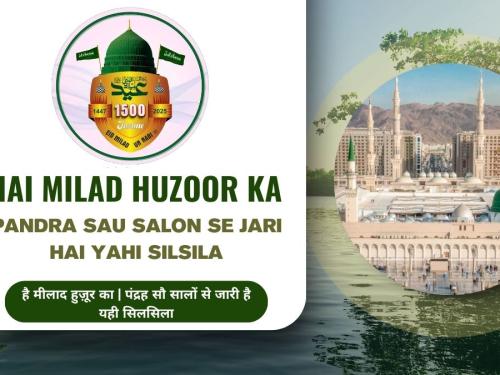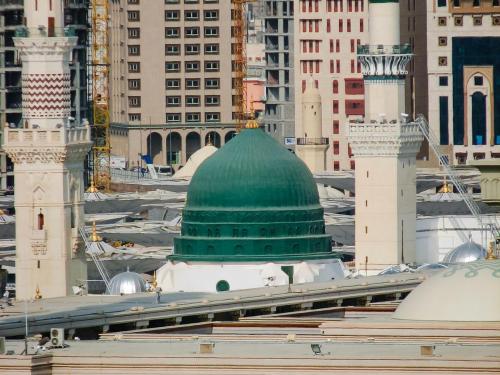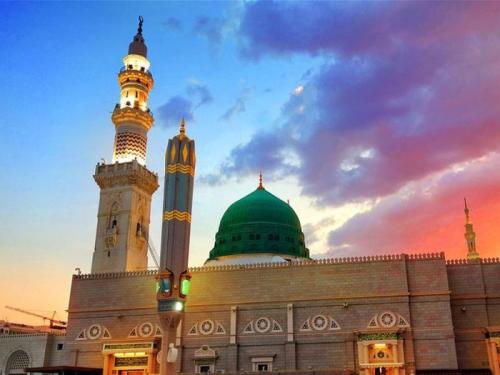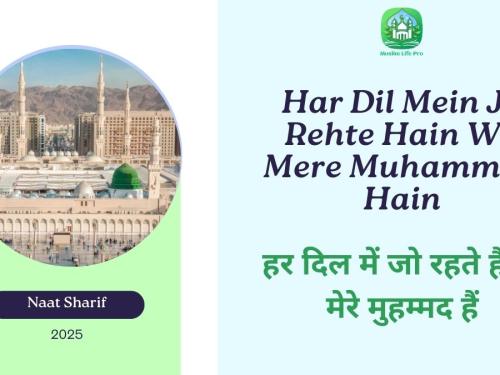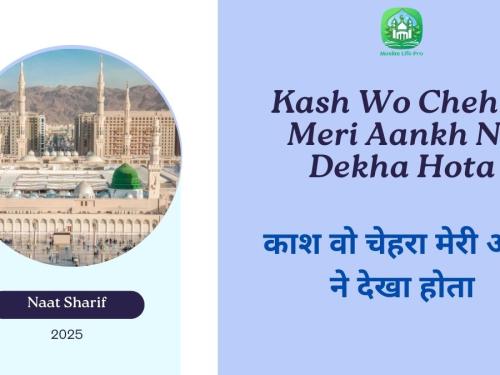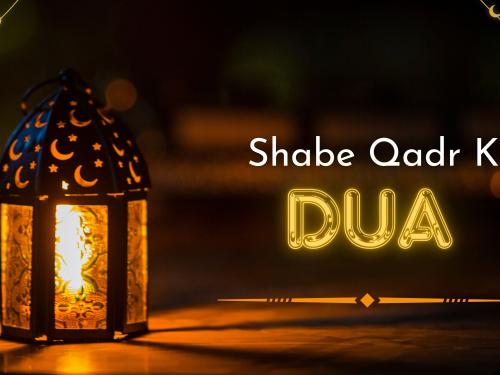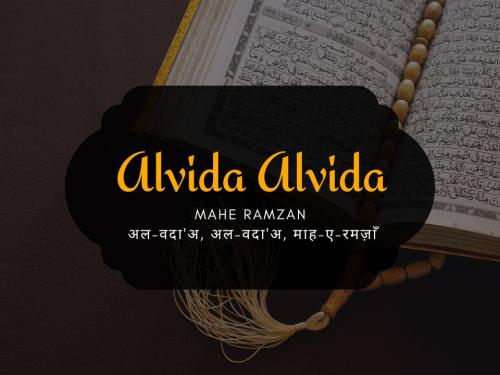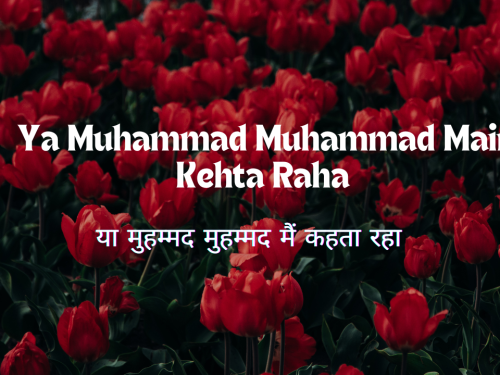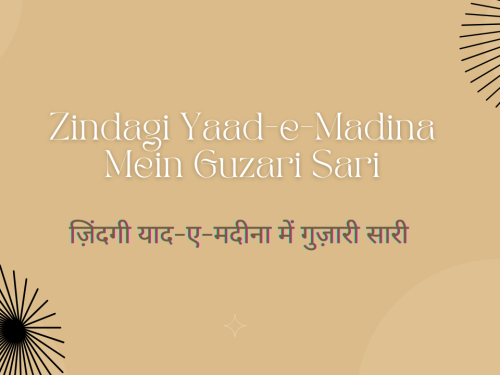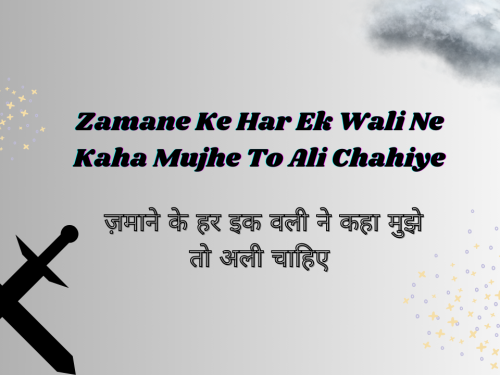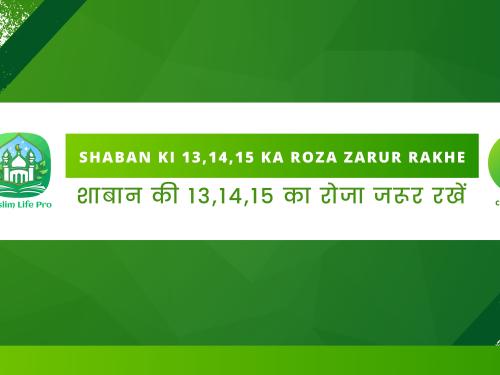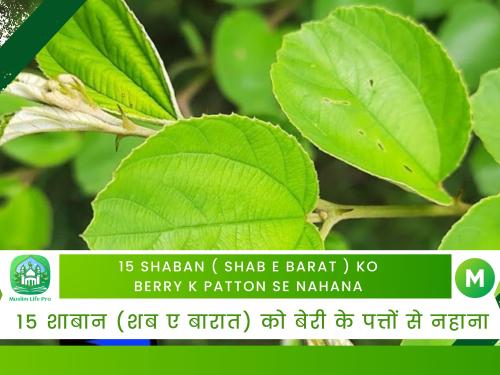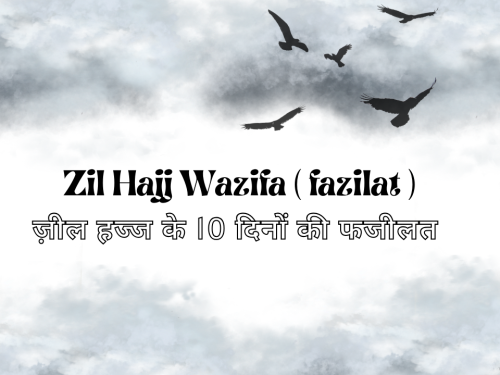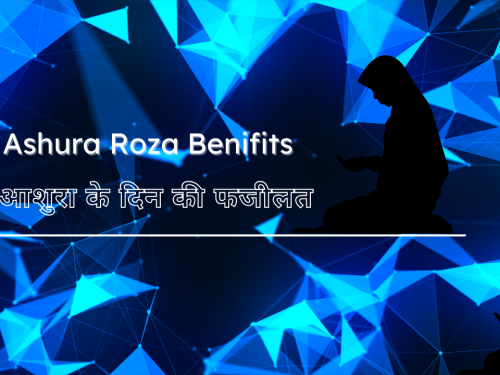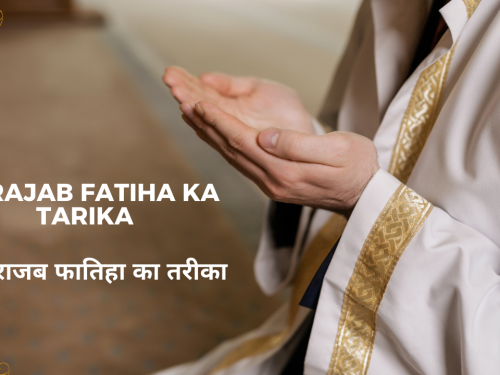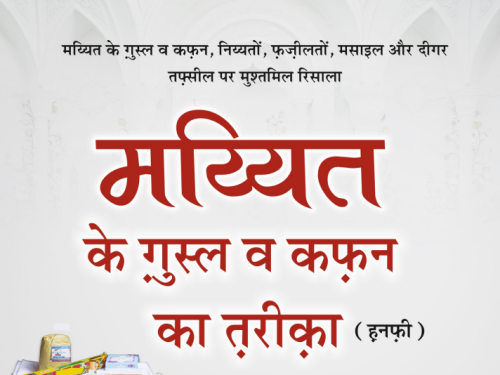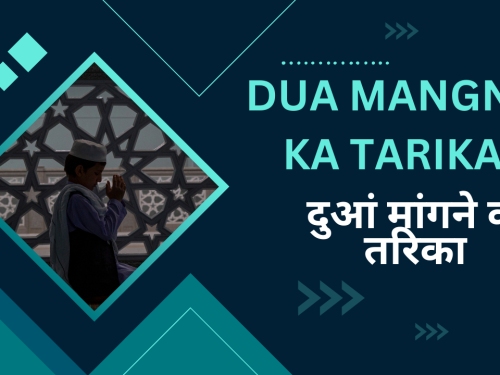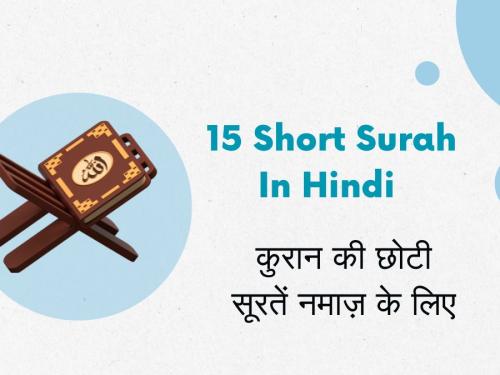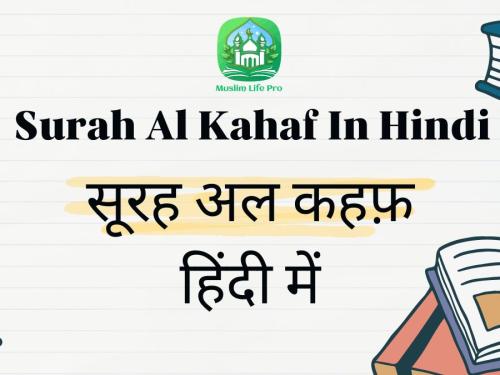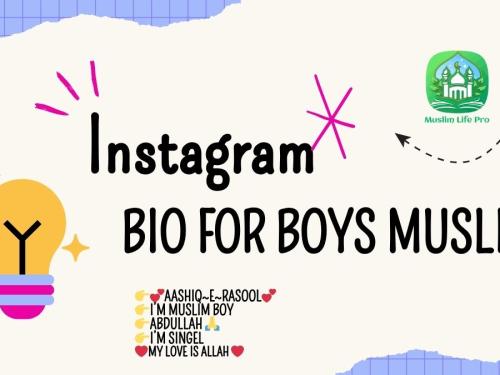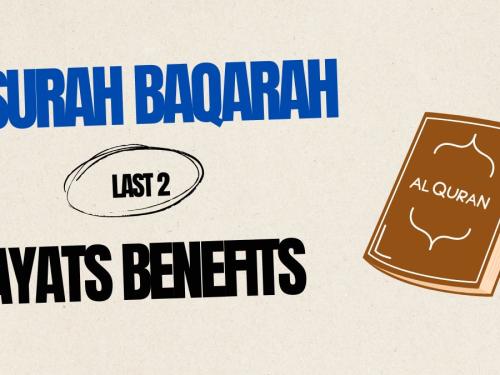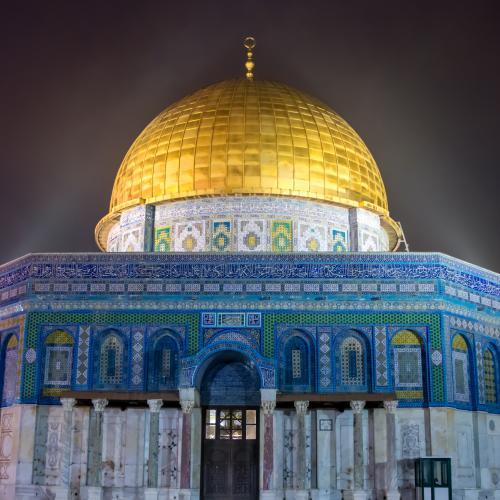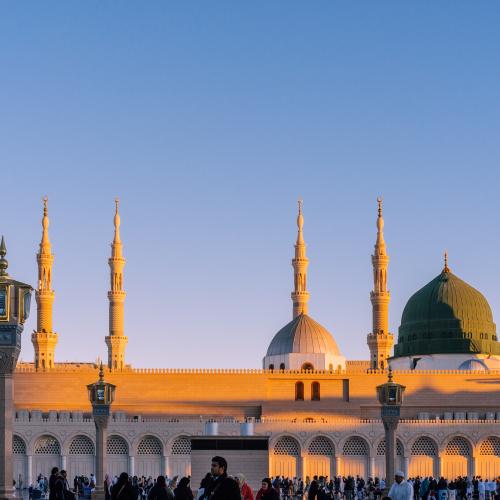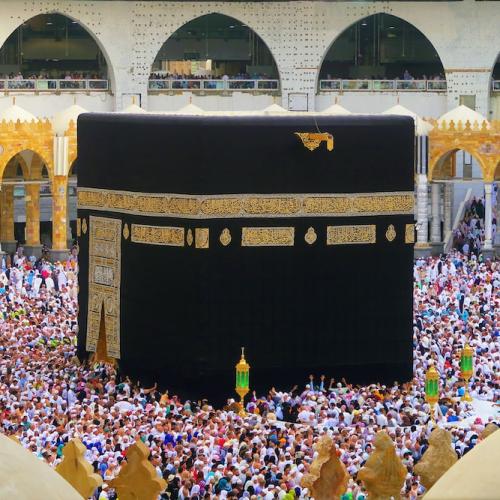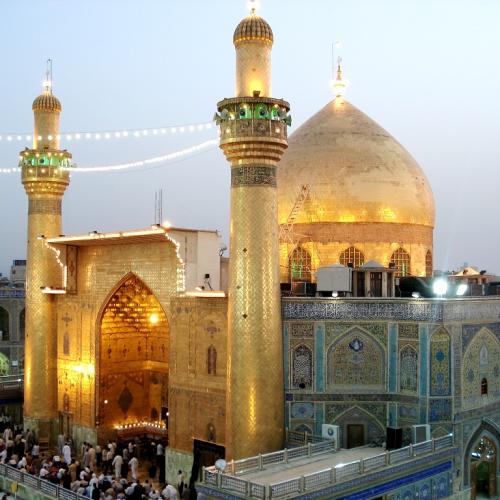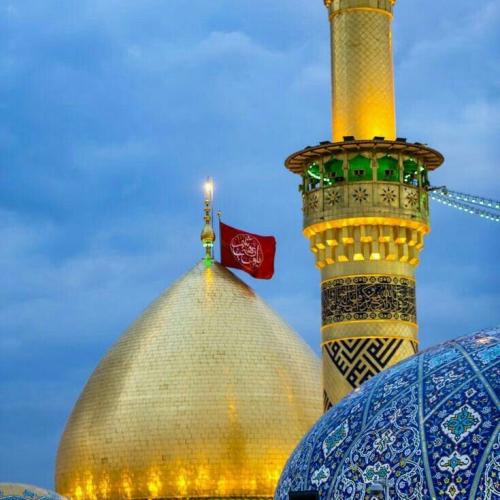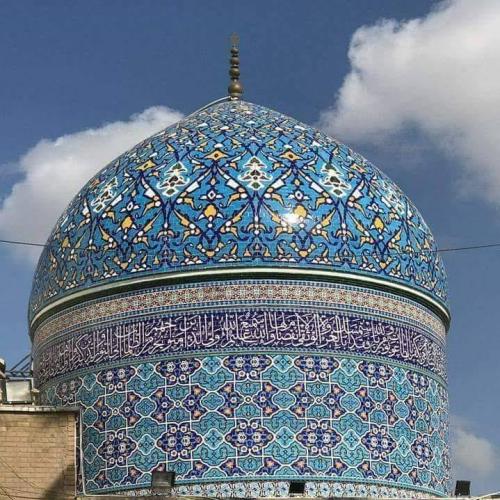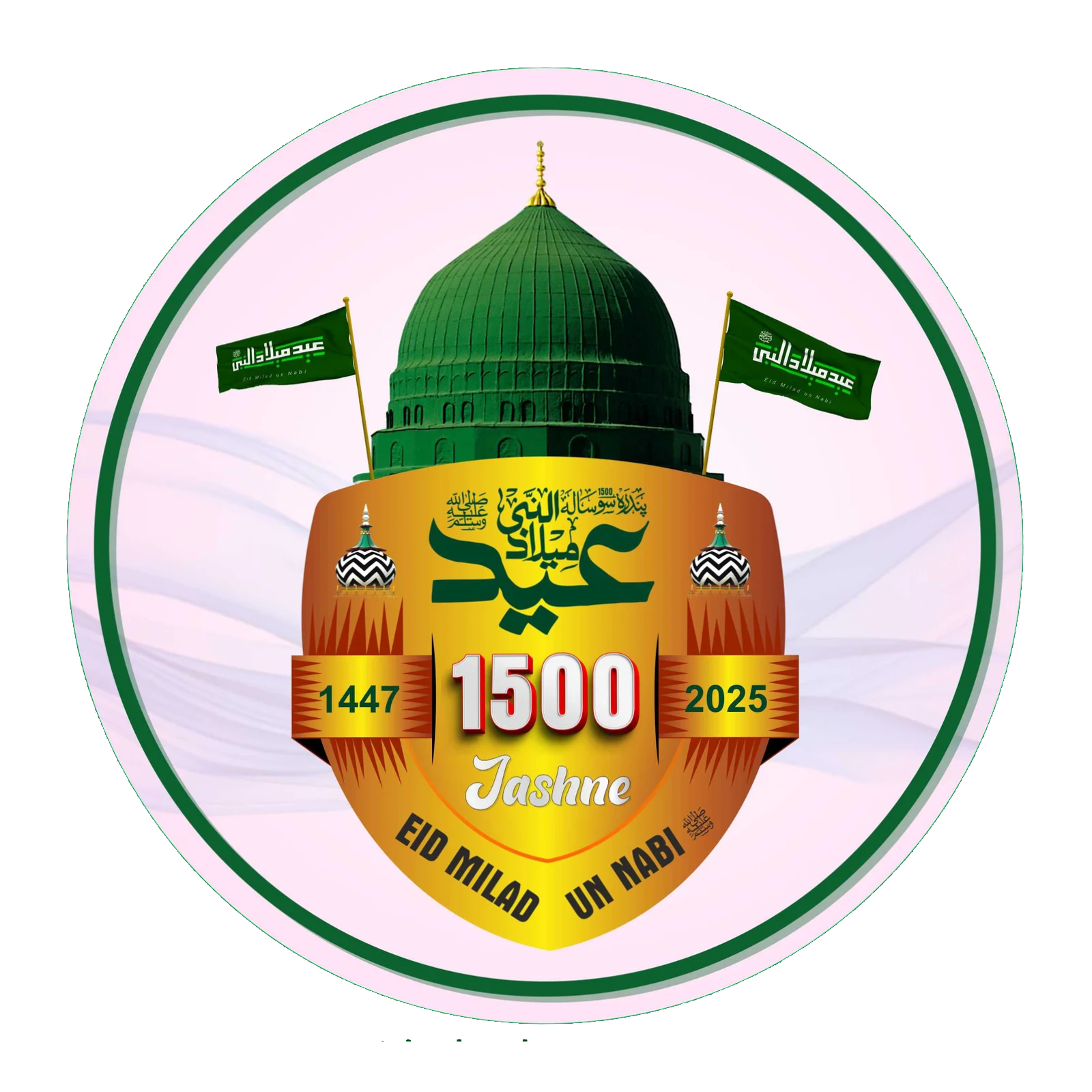
Eid-e-Miladunnabi Ke Kalaam Dekhne Ke Liye Yahan Click Karen
Editor’s Pick
Inspiration
Latest Posts
दोस्तों अगर आप ढूंढ रहे हैं Instagram Bio For Muslim Boys तो आप बिल्कुल सही जगह हैं अब आपको और कहीं जाने की जरूरत नहीं है जिस तरह के मैंने आपको यहां Instagram Bio For Boys Muslim प्रोवाइड करें हैं
Introduction
The tradition of reciting Naat is as old as the history of Islam. Naat is the way for the Holy Prophet Muhammad to express respect, compassion and love. Muslims all over the world love and respect Prophet Muhammad by Naat Sharif. However, they are written in many different languages and Naat Lyrics can be found on internet.
What is Naat
Naat Sharif is the name of the term spoken in appreciation of our beloved Prophet Hazrat Muhammad (PBUH). A Naat is a poem sung to praise Islam’s last prophet, Hazrat Muhammad (PBUH), without a music. Naat Pak is a religious ritual in Islam to praise Hazrat Muhammad (PBUH) and is used in India, Pakistan and other countries by Muslim people.
The Naat is a poetic representation of physical and spiritual perfection (peace and blessings be upon him) and the high rank of the Holy Prophet. Hazrat Hassan Bin Thabit (R.A.) is one of the best Naat khawans of the era of the Holy Prophet (peace and blessings be upon him). Naats are also referred to as Naat e Sharif, Naat e Mubarak, Naat e Pak, etc.
His companions would love to praise his dignity throughout the life of the Prophet (SAWS). It had already reached the point that the Prophet himself had asked his beloved followers to praise him with moderation.
The origins of Naat were meant to be from that time. Even if it’s really hard to trace back the authenticity. Naat Sharif can be written in different ways. However, compared to other tributes and qasida, their distinctive characteristic is the sincere and personal manner in which they are written. Naat is an effective and lyrical poem in which the poet directly refers to and prays for the Prophet (SAW). In the first century of Islam, writing and reciting Naat Sharif for the Prophet (SAW) became a common tradition and remained unchanged until today.
History of Naat
The history of Naats and Naat Khuwani goes back to the time of Prophet Muhammad (SAW) himself. it is presented Before the beginning of any massive event in Muslim countries. Arabs or Middle Easterners were great artists who used to present Naat. At a time when people began to understand Islam, a poet named Hassan also converted to faith and, as history indicates, became the main Naat Khuwan who used to recite Naat in honor of the early Islamic era of Prophet Muhammad (PBUH), the Holy Prophet Muhammad (PBUH) companions and disciples used the medium of Naat Sharif to worship him. The Naat Sharif originated from that time and was later turned into a new style. Several companions have compiled Naats for the Prophet Muhammad (PBUH).
Naat Sharif Trend in India & Pakistan
The trend was first presented by Persian poets in the Indian subcontinent (Pakistan, India, and Bangladesh), but later by Urdu poets in the eighteenth and nineteenth centuries. Urdu is a dialect devoted to Naat Sharif and has been devoted to this wonderful style of articulation for three centuries, which remains solely for the praise of the Prophet Muhammad (PBUH).
You Can now get new Naats, Naat Lyrics and Naat videos from our website. We have a huge collection of Urdu naat and you can now easily download Naat in any format.
naat lyrics, naat lyrics in hindi, naat lyrics in english, naat lyrics in urdu, naat lyrics owais raza qadri, naat lyrics in english translation, naat lyrics ala hazrat, naat lyrics in urdu translation, naat lyrics in urdu pdf download, naat lyrics in english writing, naat lyrics hindi, naat lyrics urdu, new naat lyrics in urdu, best naat lyrics in urdu, best naat lyrics in hindi, beautiful english naat lyrics, new naat lyrics in english, salam lyrics, naat sharif lyrics

